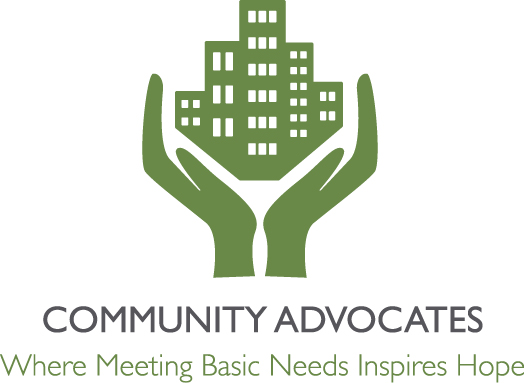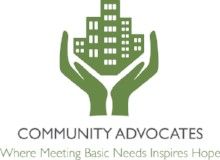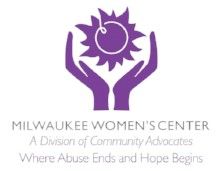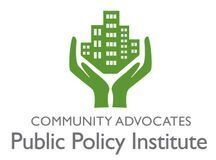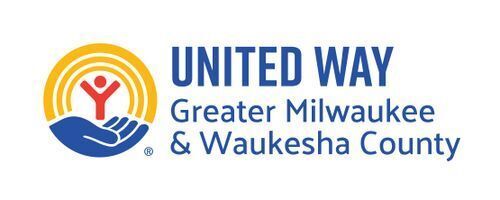From Crisis to Independence
Community Advocates' Homeless Outreach Program, Autumn West Safe Haven, and Project Bridge programs provide services and resources that address the unique needs of those living with a mental illness in unstable living conditions. We utilize the Housing First philosophy that views housing as an individual's first step toward regaining independence and stability.
Community Advocates is a proud member of Housing First Milwaukee and the Milwaukee Coalition on Housing and Homelessness.
Homeless Outreach Program
Our Homeless Outreach Program (HOP) provides person-centered outreach and engagement to individuals with mental illness who are chronically homeless and living on the streets, in vacant buildings, under bridges, or in parks. Clients are assessed by advocates and are provided services to assist them in stabilizing their mental and physical health and homelessness. Those who qualify may be referred to the Autumn West Safe Haven.
In 2024, HOP served 21 individuals.
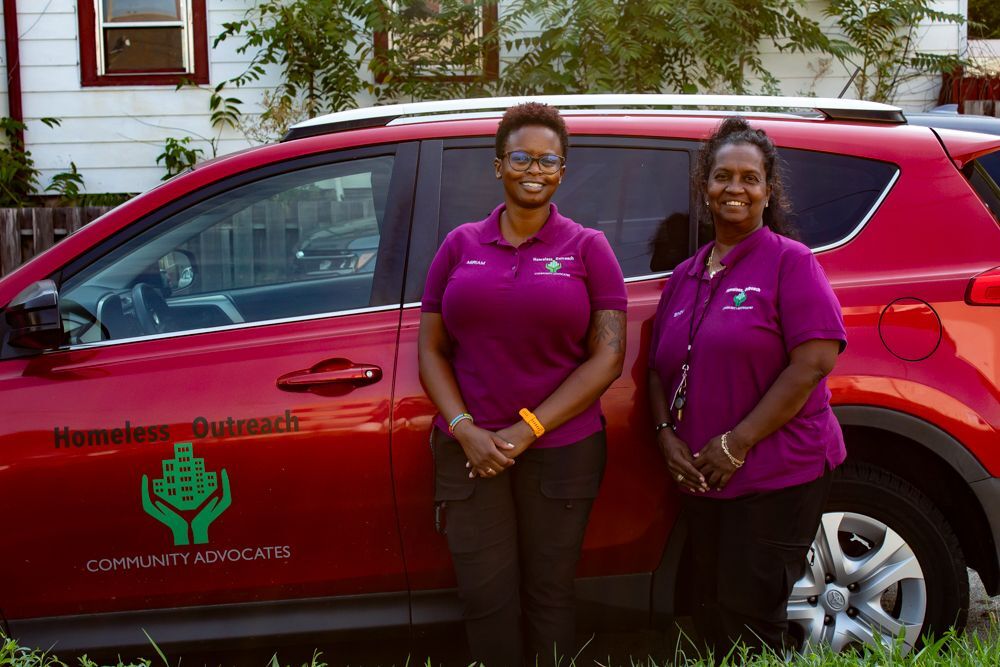
Autumn West Safe Haven
Autumn West Safe Haven is a low-barrier housing refuge for individuals who are currently homeless and experiencing severe and persistent mental health challenges. This program operates as an alternative to emergency shelter and is designed to provide safe, short-term housing along with supportive services, including peer support, for residents as they transition out of homelessness. Autumn West embraces Housing First and Harm Reduction principles. Its 20 apartment units in the heart of the city are a safe haven for those needing support as they find permanent homes. In 2024, 35 individuals experiencing chronic homelessness and mental illness received stable shelter and supportive services through the Autumn West Safe Haven while working to secure permanent housing.
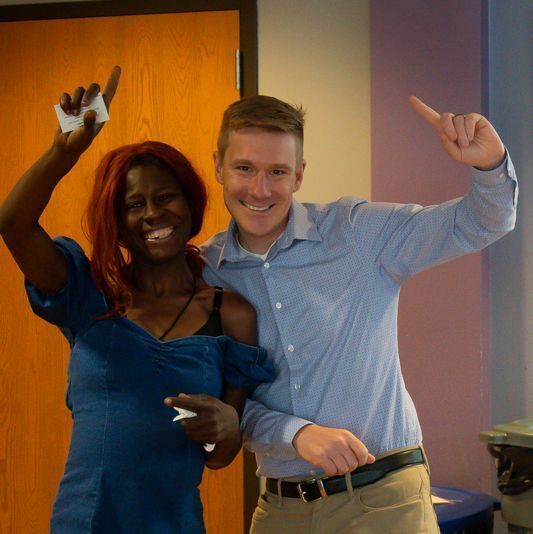
Project Bridge
The Project Bridge/Autumn West Housing Program helps those experiencing both chronic homelessness and mental illness. Founded in 2007, this Housing First program provides immediate access to safe and affordable housing to Milwaukee residents who have been identified as experiencing chronic homelessness and living with a disability. This program provides case management services that employ up-to-date best practices such as Trauma-Informed Care, Motivational Interviewing, and Harm Reduction to help program participants achieve housing stability. In 2024, 101 Milwaukee residents experiencing chronic homelessness and living with a disability received immediate access to safe and affordable housing through the Autumn West Permanent Housing Program.
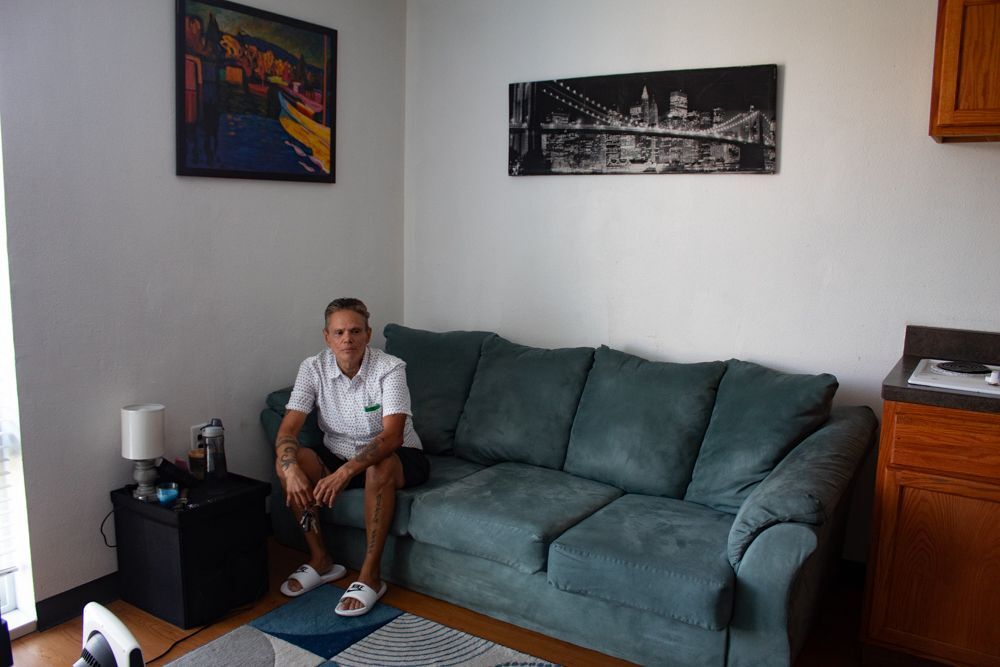
Bob's Story
When Bob was living on the streets, he said people were afraid of him. "But the case managers for Community Advocates aren't afraid. They're not afraid to open their hearts to the clients."
Frequently Asked Questions about Our Homeless Outreach and Supportive Housing
-
Q: Who should I contact to refer someone to Autumn West Safe Haven?
A: All referrals to programming are managed by 211 through a central intake system known as Coordinated Entry. Please contact 211 for further assessment and housing options.
-
Q: What are the referral criteria for the Autumn West Safe Haven?
A: Autumn West Safe Haven serves individuals who are living on the streets or places not meant for human habitation. All applicants must meet the following criteria:
1) he/she must be at least 18 years of age
2) he/she must have a mental illness
3) he/she must meet the HUD definition of literally homeless. -
Q: Who should I contact to refer someone to Project Bridge Program?
A: All referrals to programming are managed by 211 through a central intake system known as Coordinated Entry. Please contact 211 for further assessment and housing options.
-
Q: What are the referral criteria for Project Bridge?
A: A person being referred must meet the following three criteria:
1) he/she must be at least 18 years of age
2) he/she must have a medically verifiable disability
3) he/she must meet the HUD definition of being chronically homeless.

